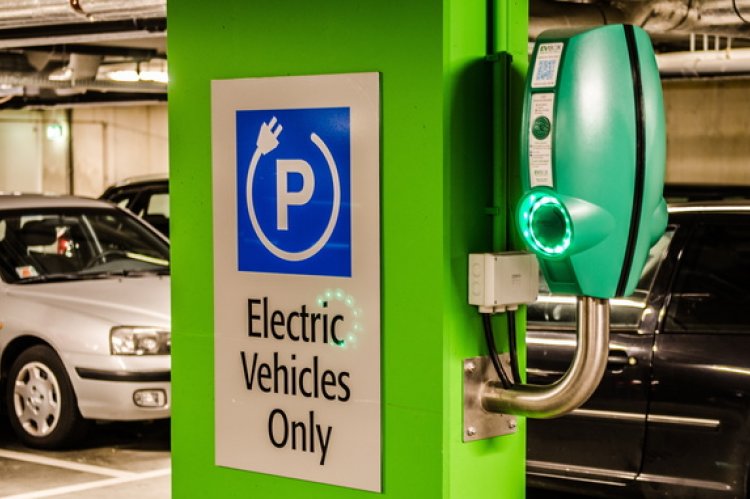Batteries for electric cars in Europe will be produced by Asian suppliers
Chinese producer of electric cars wants to launch batteries manufacturing in Europe, Reuters informs. BYD, that also makes electric busses and solar panels, has not decided yet, where new factory will be located.
Chinese producer of electric cars wants to launch batteries manufacturing in Europe, Reuters informs. BYD, that also makes electric busses and solar panels, has not decided yet, where new factory will be located.
Trying to capture batteries supply chain for electric cars in Europe that will value about 250 billion euro by 2025, European Commission created an alliance consisting of local companies last year, in order to build 10-20 large factories.
However, today only Sweden’s Northvolt has plans on construction of factory in Europe. Some leading auto producers made deals with Asian supplier that set up in Hungary and Poland.
BYD, supported by Warren Buffet and his fund Berkshire Hathaway, joined in its plans to build a plant in Europe Korea’s SK Innovation, Japan’s GS Yuasa Corp and China’s Contemporary Amperex Technology Ltd (CATL).
South Korean companies LG Chem and Samsung SDI will start operating factories very soon, while Chinese GSR Capital already produces battery cells at UK plant that it bought from Nissan.
While Asian factories will create new jobs in Europe, Brussels worries that it will take chance to grow from local companies and make them dependant on foreign technologies. Some experts think that it will be quite difficult for European companies to compete with Asian rivals.
It is expected that electric and hybrid cars will account for 30% of global market by 2030. Last year their share was just 4%.
European auto producers do not want to invest in battery producers. So, Volkswagen is going to buy batteries from LG Chem, while Daimler from CATL.
Experts think that one way out of this situation is to concentrate on developing next generation batteries and start large production of those. This will help European companies to narrow a gap with Asian producers.

